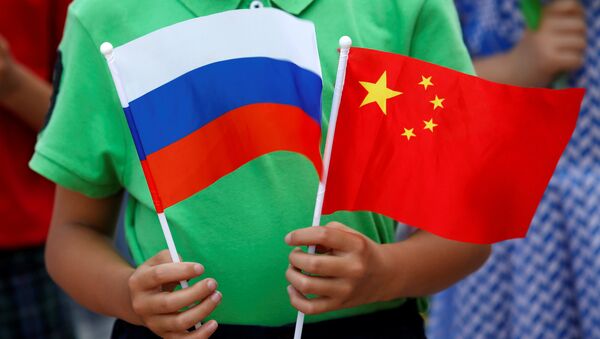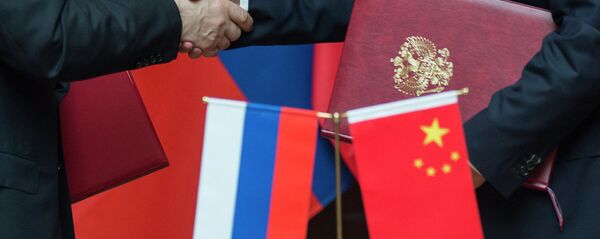"We start from the fact that the transport corridors Primorye-1 and Primorye-2 create opportunities for transfer of goods especially for our colleagues and friends from China. At the same time, they are creating new jobs, and new port infrastructure in Russia. Therefore, it seems to us that it is necessary for the project risks to be hedged on both sides, and that is what we're talking about with our colleagues. We have to work together to create a mechanism to minimize the risks," Trutnev told reporters during his working visit to China.
According to Trutnev, in order to minimize the Russian and Chinese risks, the two sides should ensure a certain volume of cargo transportation through the two corridors.
"In fact, I assume that the two governments, Russian and Chinese, should take on themselves to guarantee a certain volume of transportation, because once the cargo transport volume is guaranteed, we can discuss how we can minimize the payback risks," the envoy said.
The development of international transport corridors, called Primorye-1 and Primorye-2, is expected to encourage trade and investment in Russia's Far East, as the improved transportation infrastructure will significantly increase cargo transit from China to ports in the Russian city of Vladivostok.
In March, Trutnev has said that projects of transport corridors from China in Primorye are still not at a stage to attract foreign investors. He noted that attracting private investment can be discussed only after all the administrative risks are removed from the project.




